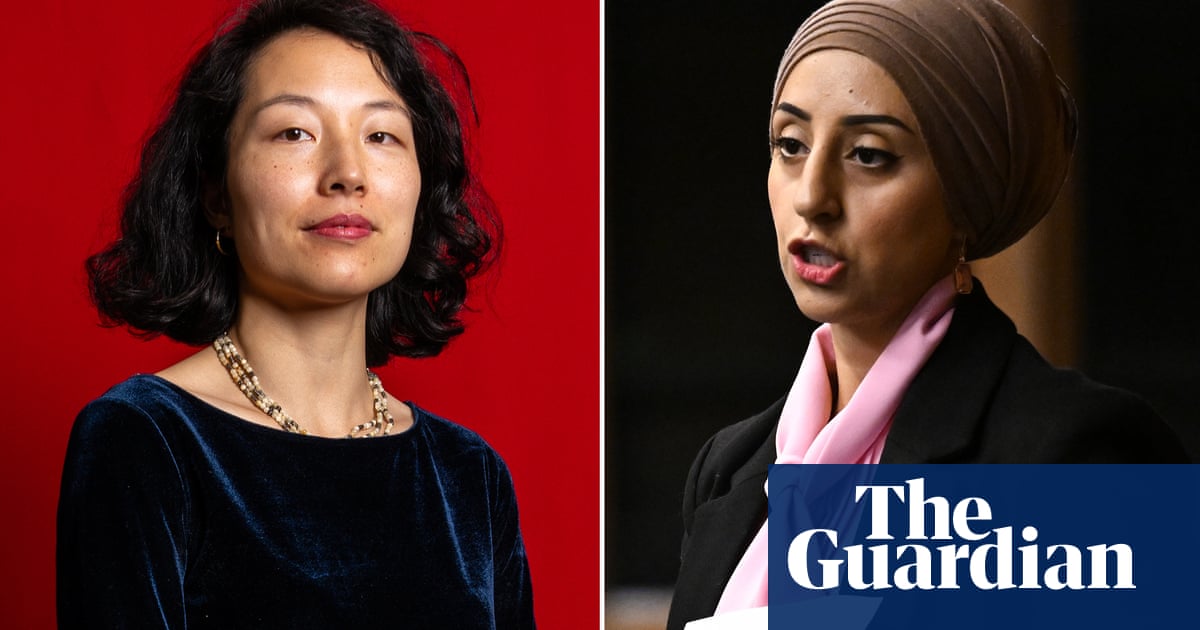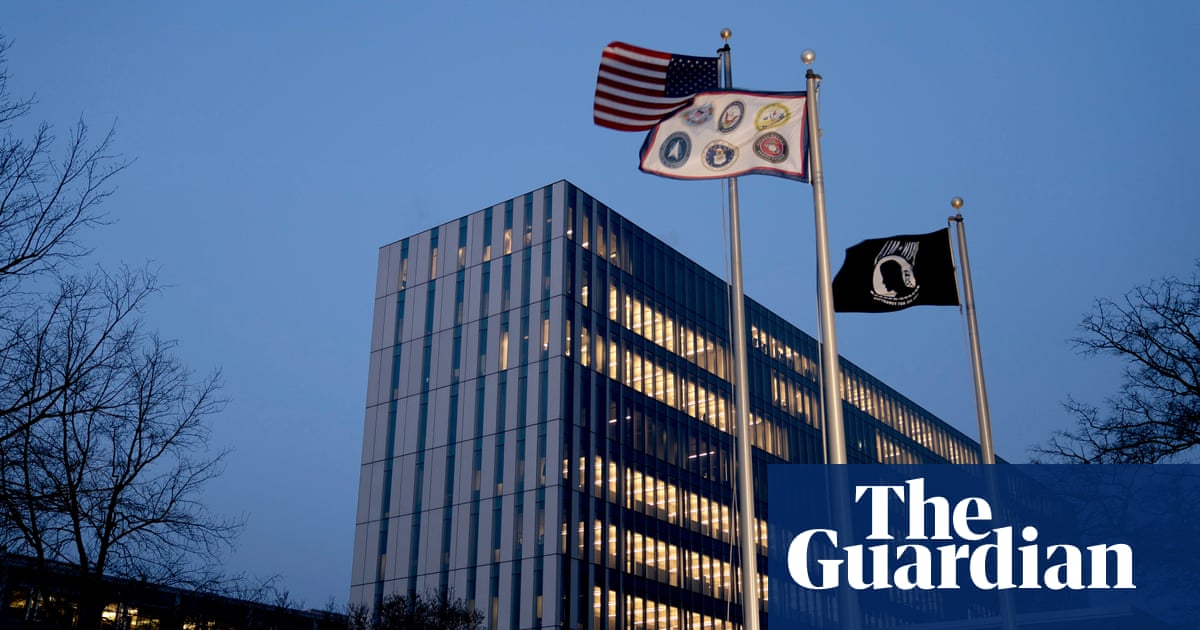The world’s biggest youth Christian missionary organisation is facing allegations of spiritual abuse and controlling behaviour from young people who say they were left “traumatised”.
An Observer investigation has revealed evidence of safeguarding failings within Youth With a Mission (YWAM), a global movement that trains young Christians to spread the gospel. A spokesperson for YWAM said the organisation was “heartbroken” by the claims and was “deeply committed to the safety and wellbeing” of everyone in its care.
The allegations span two decades and include claims that young missionaries were publicly shamed, subjected to rituals to “cure” their homosexuality, and told that leaving was against God’s will.
Young British adults who signed up for training schools and overseas mission trips – many during their gap years – described regular confession sessions where they were pressured to admit their “sins” in a group.
These included perceived moral transgressions such as homosexual thoughts, sexual activity, abortions and watching pornography, as well as other “sins” such as disobeying a leader or having “rebellious thoughts”. Those who confessed could be questioned and made to give public apologies, according to former missionaries. They could be prayed for or could face punishment, including being removed from volunteer roles. In some cases, interventions were more extreme. Former YWAM volunteers described the use of rituals similar to exorcisms to banish demons from people who acknowledged having sex outside marriage.
Another former British YWAM worship leader described a “casting out” at a base in Australia, arranged after a man revealed that he had sexual relations with other men. Leaders placed their hands on him before chanting prayers to “banish the spirit of homosexuality”, and he reportedly convulsed. The British man was himself struggling with his sexuality and said he was left feeling as though a “demon” was living inside him.
Others described how people disclosed being victims of assault or sexual abuse, as well as transgressions such as speeding fines.
The “repentance and forgiveness” rituals are alleged to be part of a wider picture of control at some bases, which also included restrictions on romantic relationships, clothing and when missionaries could visit family.
Commands were often communicated by leaders as though they were instructions from God. “They were always changing what other people wanted to do by saying: ‘I reckon, God is saying this.’ It was used to manipulate,” one former missionary said.
YWAM operates in about 180 countries and sends about 25,000 people on short-term missions each year. It was founded in 1960 by the American missionary Loren Cunningham and has key bases in the US, Australia, Switzerland and the UK, where it is a registered charity.
A spokesperson for YWAM England said it was committed to “continuous improvement in safeguarding practices” and that each location was responsible for upholding standards. It said it was “strongly opposed” to forced confessions. “While confession of sin may occur, the person should never be publicly shamed or pressured to apologise.”
Last year, YWAM’s base in Perth, Australia – one of the biggest in the world – faced scrutiny over its handling of alleged historic sexual misconduct, including claims that its leaders told alleged victims to apologise to their alleged attackers for “leading them on”. A YWAM base in the UK was recently closed amid claims of spiritual abuse.
The allegations come as a prayer movement linked to YWAM – which aims to recruit the next generation of Christian missionaries – sweeps through Britain.
The Send UK & Ireland, an initiative by a coalition of Christian groups, which is legally controlled by the YWAM branch in Harpenden, Hertfordshire, launched with a show last July at Ovo Arena Wembley. It has since held pop-ups at churches and concert halls across the UK.
Its aim is to recruit 100,000 young British adults to do missionary work in the UK and abroad and reverse the trend of decline among western missions.
After the Wembley event, hundreds of people signed up via QR code to serve as missionaries through YWAM and the Send’s other partner organisations.
The allegations, made by former missionaries whose experiences span two decades and 18 countries, raise questions about culture and safeguarding within YWAM, which has a decentralised structure that critics say leads to insufficient oversight. The organisation defers power to leaders on bases around the world, who say they take safeguarding seriously.
YWAM has underlying statements of principles and runs discipleship training schools which have a similar structure across all bases, with lectures on topics such as “sin, repentance and restitution”, “spiritual warfare” and “discipling nations”.
The code of conduct for the University of the Nations, YWAM’s unaccredited Christian university, which oversees YWAM training schools, says “any moral violation”, including “sexual immorality”, is grounds for disciplinary action. Other bases list fornication and homosexuality as immoral behaviours alongside incest and bestiality.
In 2020, Lynn Green, one of YWAM’s most senior leaders and the founder of YWAM England, published a blog post urging the human race to “repent for ignoring the laws of God”, blaming abortion and “the homosexual agenda” for “bringing destruction”.
Felicity Davies, 34, a designer from Yorkshire who spent six years in YWAM after joining at the age of 18, said the “purity culture” and alleged controlling behaviour at a base in South Africa left her feeling “suffocated” and “not good enough”.
“I constantly had to do certain things in order for God to love me or to be accepted,” she said. “People should be aware that this isn’t all happy-clappy. A lot of people get traumatised.”
Lena Stary, 26, from Bristol, who joined YWAM aged 18, said her experience in Switzerland left her suffering panic attacks and had taken years to untangle. It had made it “very difficult to trust other people”. She is no longer religious. “I just found it so difficult to believe that God is a loving being if all of what I was being told was true,” she said.
A YWAM spokesperson said: “Although a high number of individuals have had a positive experience in YWAM, we are aware and deeply regret that some have had harmful experiences of spiritual abuse and manipulation.” They said each base was responsible for safeguarding and was held to account by leadership teams overseeing specific regions.
In England, a YWAM spokesperson said leaders had “implemented stricter oversight mechanisms” after claims of spiritual abuse at a base which has since closed. They said YWAM held “traditional Christian views on sexuality and marriage” but was reviewing how it communicated those beliefs to prevent “shame or rejection”, and that it condemned any practice that traumatised people or associated their identity with demonic influence.
“We are deeply grieved to hear reports that spiritual practices intended for healing were instead used in coercive or shaming ways,” they said.
Green stood by his comments on abortion and homosexuality and said he sought to approach the matters “with both grace and faithfulness”, adding that he, “like others in YWAM”, condemned any form of spiritual abuse.
A YWAM Perth spokesperson said any comment that an alleged victim had “led on” their alleged attacker or must apologise to them did not reflect the views of leadership.

.png) 17 hours ago
3
17 hours ago
3













































